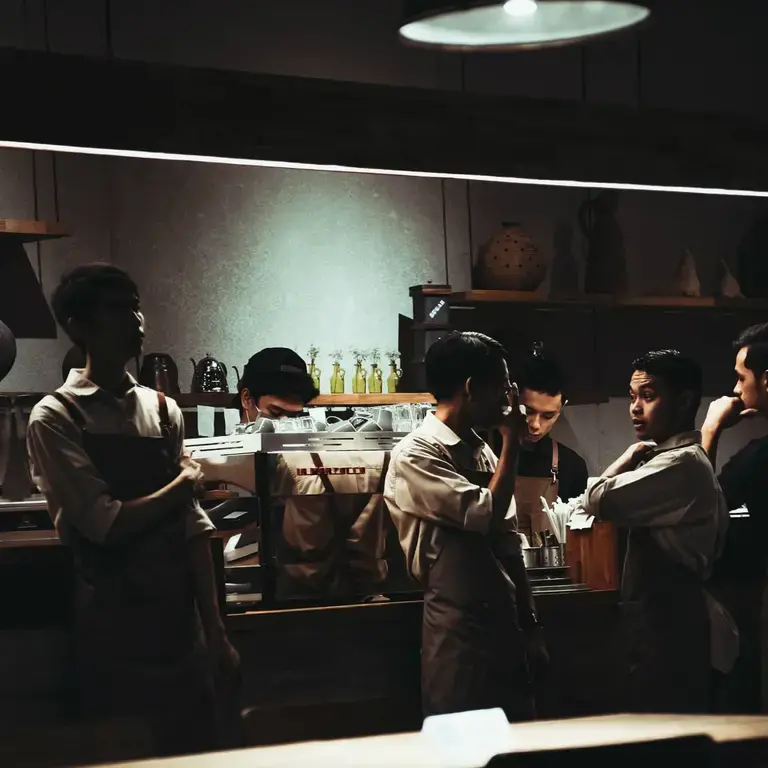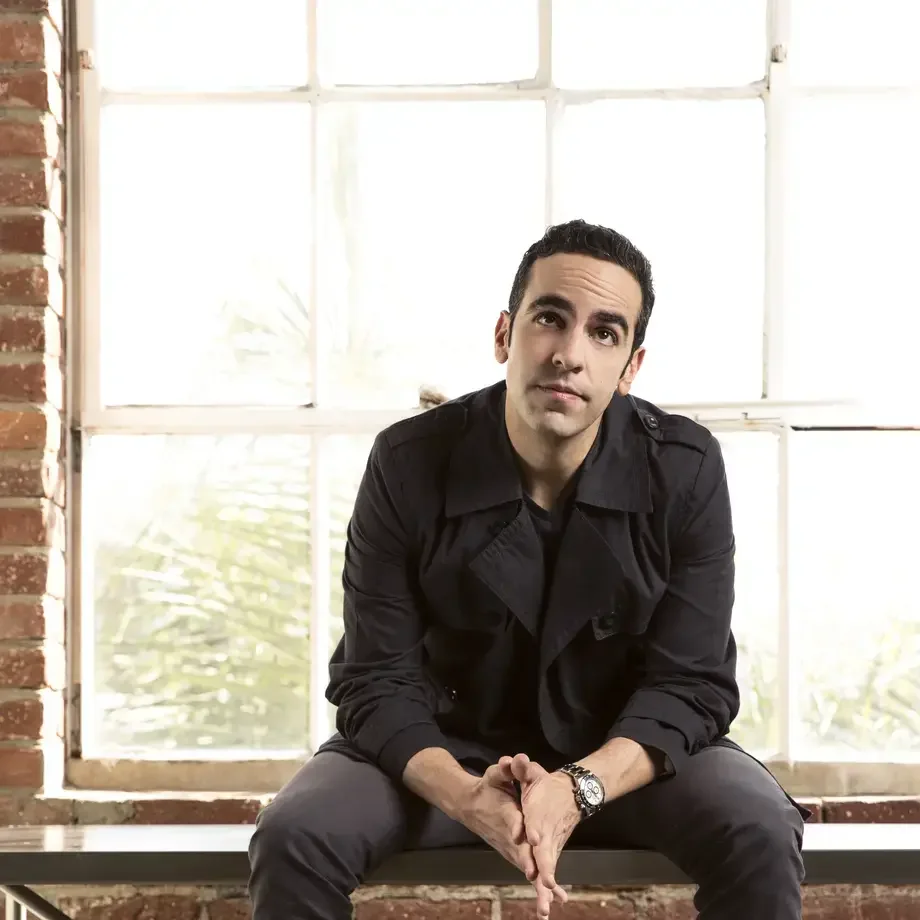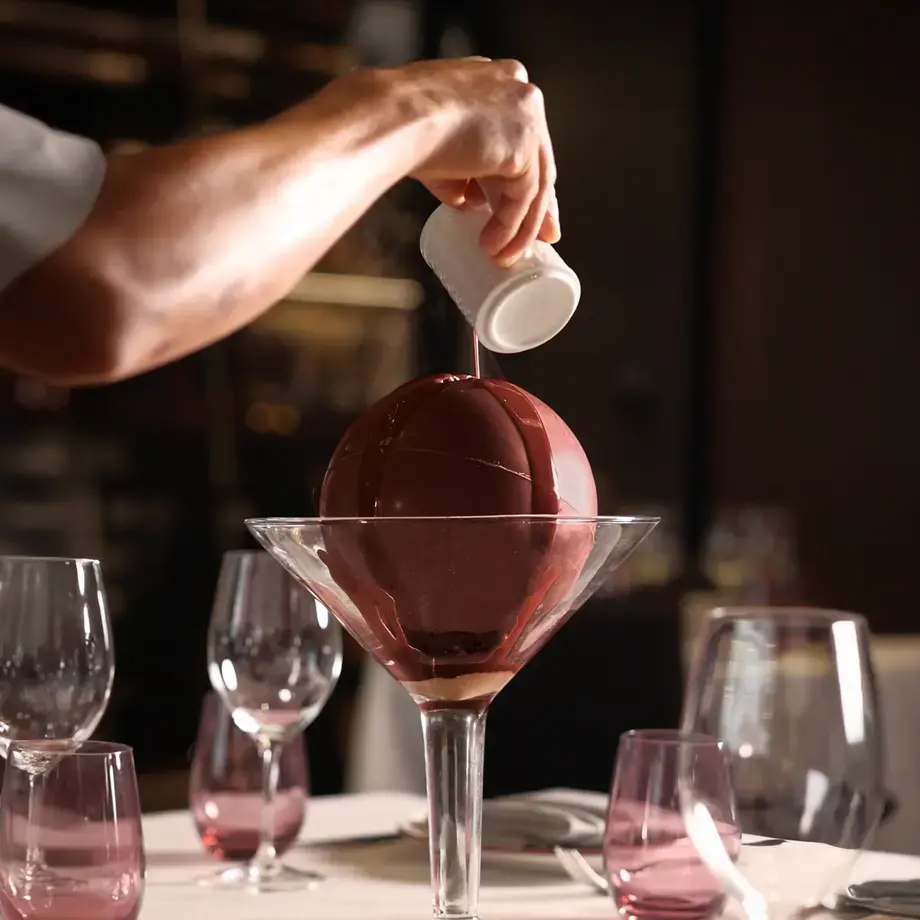Not that Foss aimed to put aspiring restaurateurs off the idea, but he wanted them to go into it with their eyes open.
“The hours are awful, the costs are exorbitant, and the whole ordeal strains relationships to their breaking points,” he wrote.
Foss is chef at Michelin-starred Chicago restaurant El Ideas, and before that, he ran a food truck business. He knows what it’s like to have lofty ideals and to then fail spectacularly, so we would be well-advised to heed his salient points.
1. Excise the words 'shoestring budget' from your vocabulary
It’s going to take money, a lot of money, and if you think you can scrape by on a ‘shoestring budget’ you’re pretty much doomed from the start. There are so many unexpected costs and expenses. Just the pure maintenance of a kitchen and restaurant is eye-wateringly expensive.
“The fastest way to failure is to not have enough start-up capital,” wrote Foss. Expect the unexpected as the unexpected is assured to happen. In fact, Foss went as far as to suggest a contingency fund.
“Have enough money to run the business for six months to a year as if you’d be drawing zero income,” he said.
2. Don’t expect a bank to back your business
Banks are not as comfortable as they were a decade ago and they’re managing all kinds of disruption to their own industry – that means they’re much more tight-fisted when it comes to lending, and interest rates are on the up. Most likely, if you’re going to get to first base with your restaurant, you’ll need a private investor. However, Foss warned against getting into bed with anyone who’ll have you, likening it to a marriage. He suggested looking at your potential partner's character before looking at the size of their checkbook.
3. Being an excellent cook is only about 15% of running a successful food business
There’s a lot more to running a restaurant than plating killer food according to Foss. You’ll need to utilise skills you didn’t know you had, from supply chain management to dealing with difficult staff, finance and a lot more besides. When you picture yourself in your own restaurant, you probably have visions of you at the hatch sending out mains, but the reality is most of your time is taken up with the mundane, like inventory, cleaning, or rotas.
“You will be an accountant, a marketer, a therapist, a mediator, a banker, head of customer service... and I’m probably missing a dozen more roles. Having the recipe for the world’s best gumbo is not enough to make it,” wrote Foss.
4. You will be shocked by how many employees come and go
Restaurant staffing is in crisis, both in the kitchen and on the floor, never mind finding good staff, most of the time. You just need to find staff. It means there are always other opportunities for your staff and their heads can turn easily.
“Even if you’re running the greatest restaurant in the world, the employee churn will be like a revolving door. This will cause you unimaginable stress,” said Foss.
5. You will likely overestimate how many guests will be coming in
However many customers you think will turn up on a given night, you can probably reduce that drastically, there is just no telling.
“Scout locations by considering parking in the area, foot traffic, and average income in a one-mile radius,” said Foss.
Work on a realistic revenue projection based on as much information as you can glean and don’t forget the taxman.
6. Some guests will be assholes like you wouldn’t believe
Working in the service industry offers a unique insight into the depths of incivility that humans can plunge to at any time. When you are constantly breaking your back to try and feed people and give them the best of yourself, the cost to your psychological and emotional well-being can be high over time.
“It’s as if the money paid for a meal gives license to treat others as a personal servant for the night. We’re not. At our best, we take great pride in putting ourselves on the line to push our art forward. We act like we have thick skin, but it really cuts deep when our sense of nurturing is crushed by emotional toddlers who like to crap on others,” said Foss.
7. You will be the odd person out in your family
The reality of restaurant life is that you’ll miss birthdays, holidays and trips away. You’ll be weary and vacant on your days off. More than anything, to succeed, you’ll need people around you who will support you in pursuing your passion and help take up the flak when you can’t.
“The fantasy of marrying a chef so you won’t have to cook is one of the greatest lies ever sold. Not only will spouses likely have to cook their own meals, they’ll likely be eating those meals all alone, too.”
8. Your business will consume you
Even when you’re not there, you’ll be there in mind and spirit, so learn how to strike a work-life balance – yes, owner, that applies to you as well, probably even more so.
“Figure out how to step away, and don’t let guilt consume you when you take a night off. (Please teach me how to do this if you figure it out)," wrote Foss.










